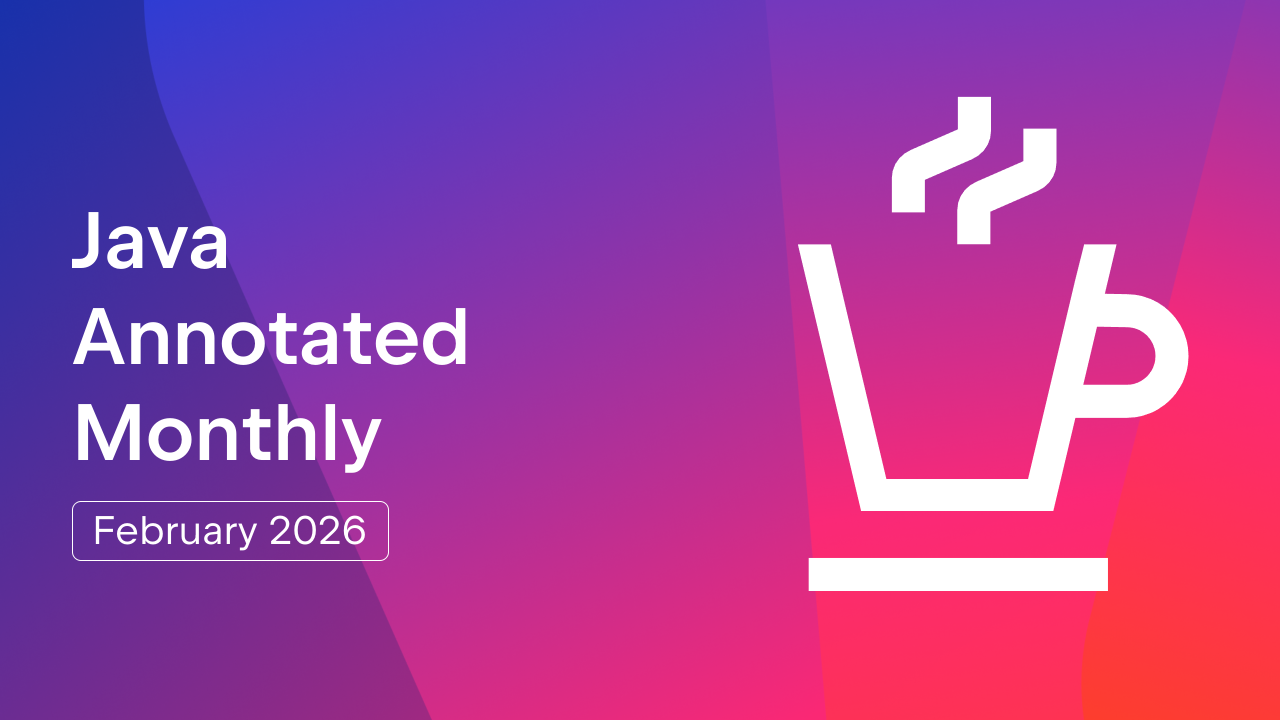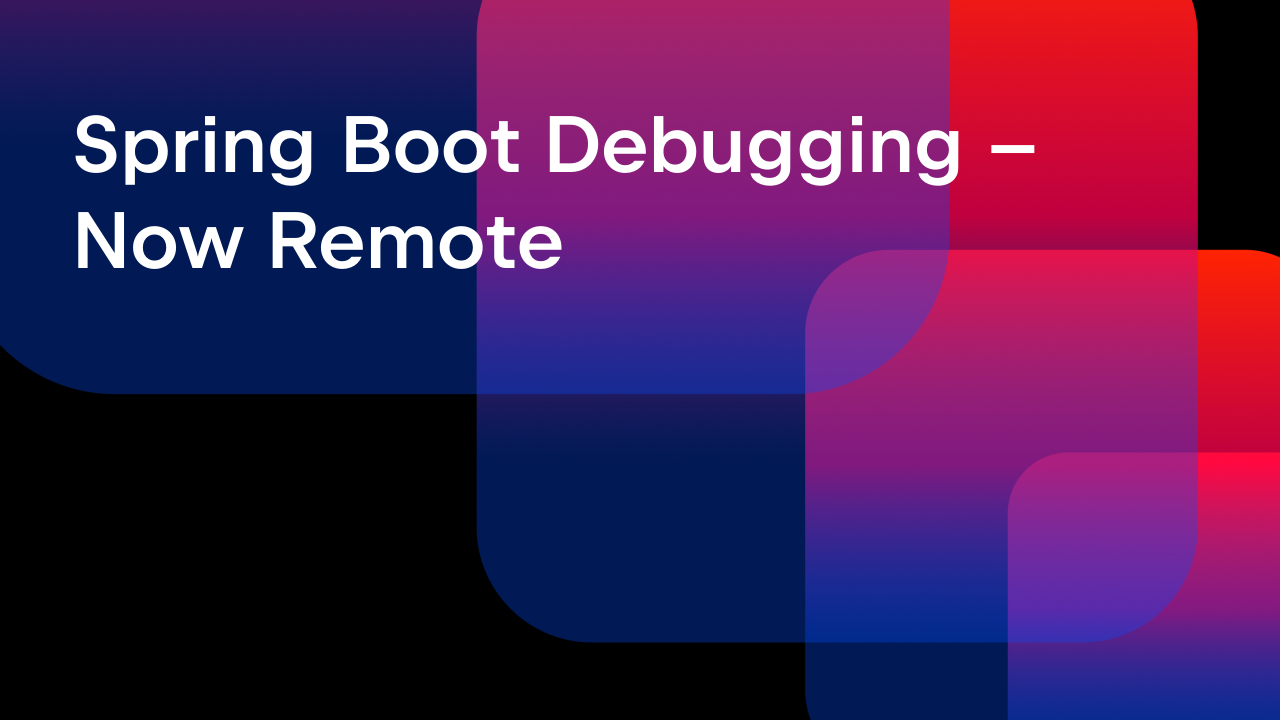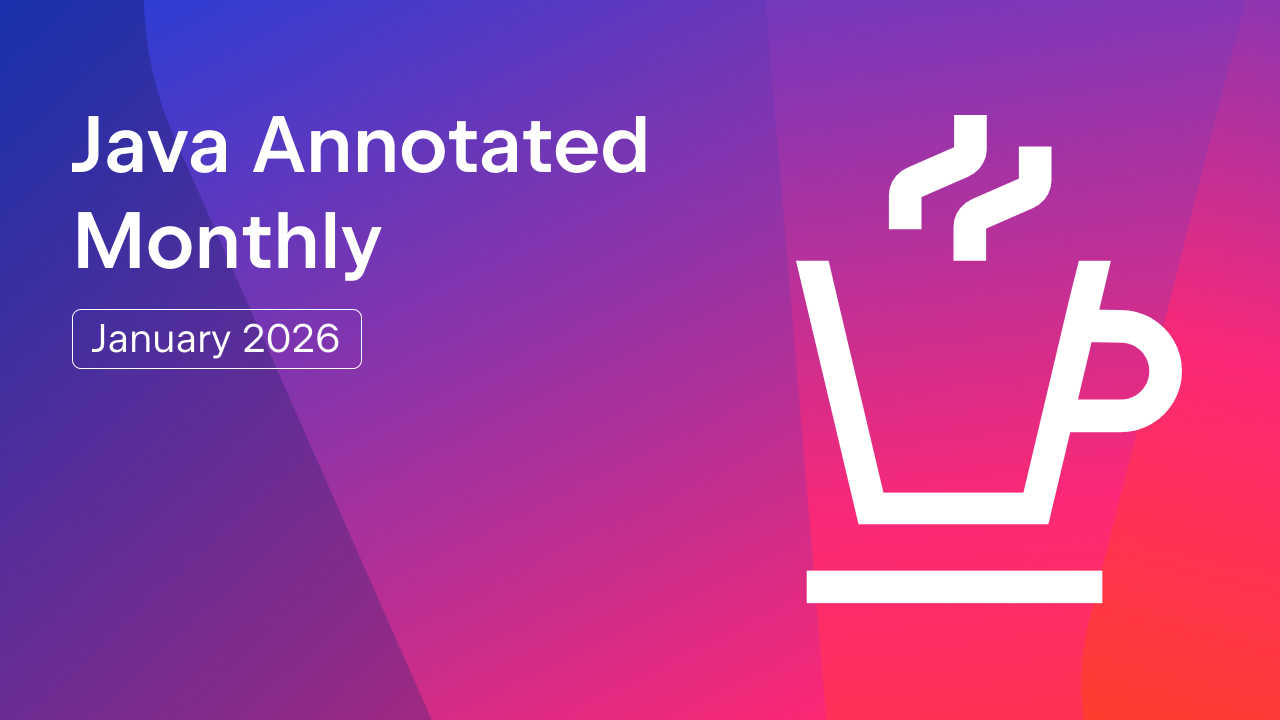IntelliJ IDEA
IntelliJ IDEA – the Leading IDE for Professional Development in Java and Kotlin
Spring Boot 4: Leaner, Safer Apps and a New Kotlin Baseline
Spring Boot 4.0 has officially landed. At JetBrains, we’ve been tracking the updates since the first milestones to ensure that IntelliJ IDEA delivers a smooth and reliable development experience.
While many of the core capabilities come directly from Spring Framework 7, Spring Boot remains the adoption enabler that brings everything together: sensible defaults, consistent configuration, unified starters, and the familiar lightning-fast productivity when creating applications.
As the most popular framework in the Java world, Spring Boot also helps developers move from older JDK versions to newer ones that offer better performance, more efficient garbage collectors, and modern language features.
This major Spring Boot release introduces cleaner modularization to reduce memory usage, improved observability with Micrometer, JSpecify as the standard null-safety library, and many other small improvements that streamline daily development.
For JetBrains, the biggest news in Spring Boot 4 is that Kotlin 2.2 is now the official baseline version for the framework. This milestone is the result of a long-standing collaboration between the JetBrains Kotlin team and the Spring Framework team.
Let’s take a closer look at Spring Boot 4’s new features through the lens of Kotlin 2.2.
Nullability
The Kotlin compiler and IntelliJ IDEA now support JSpecify annotations natively. You will receive a compiler warning if you use JSpecify-annotated Java code incorrectly. In addition, IntelliJ IDEA will warn you if you try to assign a Java variable annotated with @Nullable to a non-nullable variable in Kotlin, and vice versa.
For example, for the Java interface:
@NullMarked
public interface QuoteProvider {
Quote findQuote(String text);
}
A Kotlin implementation must return a non-nullable Quote object from the overridden findQuote() method:

You’ll see the following error message:

IntelliJ IDEA detects the issue and suggests changing the return type to non-nullable. JSpecify is now the default library for nullability checks across all Spring projects. This means that when you create a Spring Boot 4 project in Kotlin, you can be sure that the framework types that you use are null-aware.
API versioning
API versioning in Kotlin works much the same way as in Java. Thanks to Spring’s well-designed API versioning mechanism, adding a version takes only a few lines of configuration and a single annotation attribute. In Kotlin, the versioned API looks just as straightforward:
@RestController
@RequestMapping("/api", produces = [MediaType.APPLICATION_JSON_VALUE])
class QuoteController(private val klient: QuoteKlient) {
@GetMapping("quote", version = "1.0")
fun fetchRandomQuote(): ResponseEntity<Quote> =
ResponseEntity.ok(klient.fetchRandomQuote())
@GetMapping("quote", version = "2.0")
fun fetchRandomQuotes(): ResponseEntity<List<Quote>> =
ResponseEntity.ok(klient.fetchRandomQuotes())
}
There’s nothing fancy here, just the usual Kotlin conciseness, with IntelliJ IDEA inspections helping you configure and validate version formats.
Bean registration
Bean registration is one of the areas where Kotlin truly shines. Thanks to its expressiveness and extensibility, it provides a powerful DSL for registering beans dynamically when the regular @ConditionalOn… annotation family is insufficient.
For example, instead of the following Java code:
public class QuoteProviderRegistrar implements BeanRegistrar {
@Override
public void register(BeanRegistry registry, Environment env) {
registry.registerBean("quoteProviderDb", QuoteProviderDb.class);
registry.registerBean("quoteProviderFallback",
QuoteProviderFallback.class,
spec -> {
spec.fallback();
spec.order(1);
}
);
}
}
You can write a more elegant version without all the .class calls and lambda boilerplate:
class KuoteProviderRegistrar : BeanRegistrarDsl({
registerBean<QuoteProviderDb>("quoteProviderDb")
registerBean<QuoteProviderFallback>(
name = "quoteProviderFallback",
fallback = true,
order = 1
)
})
Much cleaner, right?
Conclusion
Spring Boot is the most popular framework for Java development – and for good reason. With Spring Boot 4 establishing Kotlin 2.2 as the baseline and offering first-class support, we expect to see even broader Kotlin adoption among backend developers who want to use the latest language features.
You can try Spring Boot 4 in the 2025.3 Beta release or wait for the stable version, which is expected in early December.
At JetBrains, we continue to work closely with the Spring Framework team to ensure Kotlin remains well-integrated and fully supported in the Spring ecosystem.
Subscribe to IntelliJ IDEA Blog updates









